Spironolactone Tablets
$50.00 – $150.00
Spironolactone Tablets
Spironolactone is a medication primarily used to treat conditions like high blood pressure, heart failure, and fluid retention (edema) caused by various conditions, such as liver disease or kidney disease.
It belongs to a class of medications called potassium-sparing diuretics, which work by increasing the amount of urine you make.
Spironolactone Tablets
Spironolactone is a medication primarily used to treat conditions like high blood pressure, heart failure, and fluid retention (edema) caused by various conditions, such as liver disease or kidney disease. It belongs to a class of medications called potassium-sparing diuretics, which work by increasing the amount of urine you make. Here’s a breakdown of its description, uses, and precautions:
Description:
- Chemical Composition: Spironolactone is a synthetic steroid that acts as an aldosterone antagonist, meaning it blocks the effects of aldosterone, a hormone that regulates salt and water balance in the body.
- Forms: Spironolactone is available in oral tablet form and sometimes in suspension form.
- Dosage: It comes in various strengths, ranging typically from 25mg to 100mg tablets, depending on the condition being treated.
Uses:
- Hypertension (high blood pressure): Spironolactone may be prescribed alone or in combination with other medications to lower blood pressure.
- Heart Failure: It can be used to manage heart failure by reducing fluid buildup in the body, which can ease symptoms like shortness of breath and swelling.
- Edema (Fluid Retention): Spironolactone is effective in reducing fluid retention caused by conditions such as liver cirrhosis, kidney disease, or certain medications.
- Hormonal Acne: In some cases, particularly in women, spironolactone may be prescribed off-label to treat hormonal acne by reducing the production of androgens (male hormones) that can contribute to acne development.
Precautions:
- Potassium Levels: Spironolactone can cause potassium levels in the body to increase, so it’s important to monitor potassium levels regularly, especially in people with kidney problems or those taking other medications that affect potassium levels.
- Pregnancy and Breastfeeding: It’s typically not recommended during pregnancy due to potential risks to the fetus. If you’re pregnant or planning to become pregnant, talk to your doctor about the risks and benefits. Spironolactone can also pass into breast milk, so consult your doctor if you’re breastfeeding.
- Kidney Function: Individuals with impaired kidney function may need dosage adjustments or closer monitoring while taking spironolactone.
- Interactions: Spironolactone may interact with other medications, including certain blood pressure medications, potassium supplements, and nonsteroidal anti-inflammatory drugs (NSAIDs). Always inform your doctor about all medications you’re taking.
- Dehydration: Since spironolactone increases urine production, dehydration can occur, particularly if you’re not drinking enough fluids. Be sure to stay adequately hydrated, especially in hot weather or during vigorous exercise.
- Gynecomastia: In men, spironolactone can rarely cause breast enlargement (gynecomastia) due to its anti-androgen effects. If you notice breast enlargement or tenderness, contact your doctor.
- Electrolyte Imbalance: Spironolactone can affect the balance of other electrolytes besides potassium, such as sodium and magnesium. Your doctor may monitor these levels periodically.
Always take spironolactone as prescribed by your doctor and follow their instructions carefully. If you have any concerns or experience any side effects while taking spironolactone, consult your healthcare provider promptly.
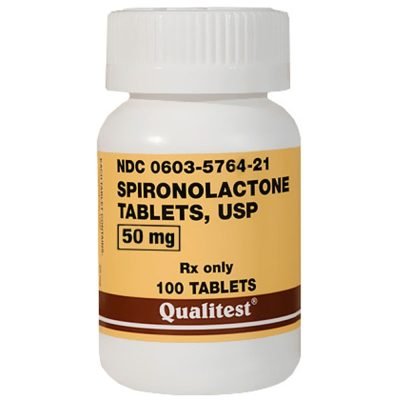
| Amount | 100 pills, 30 pills, 60 pills |
|---|
Reviews
There are no reviews yet.
Related products
Pills
Pills
Pills
Pills
Pills
Pills

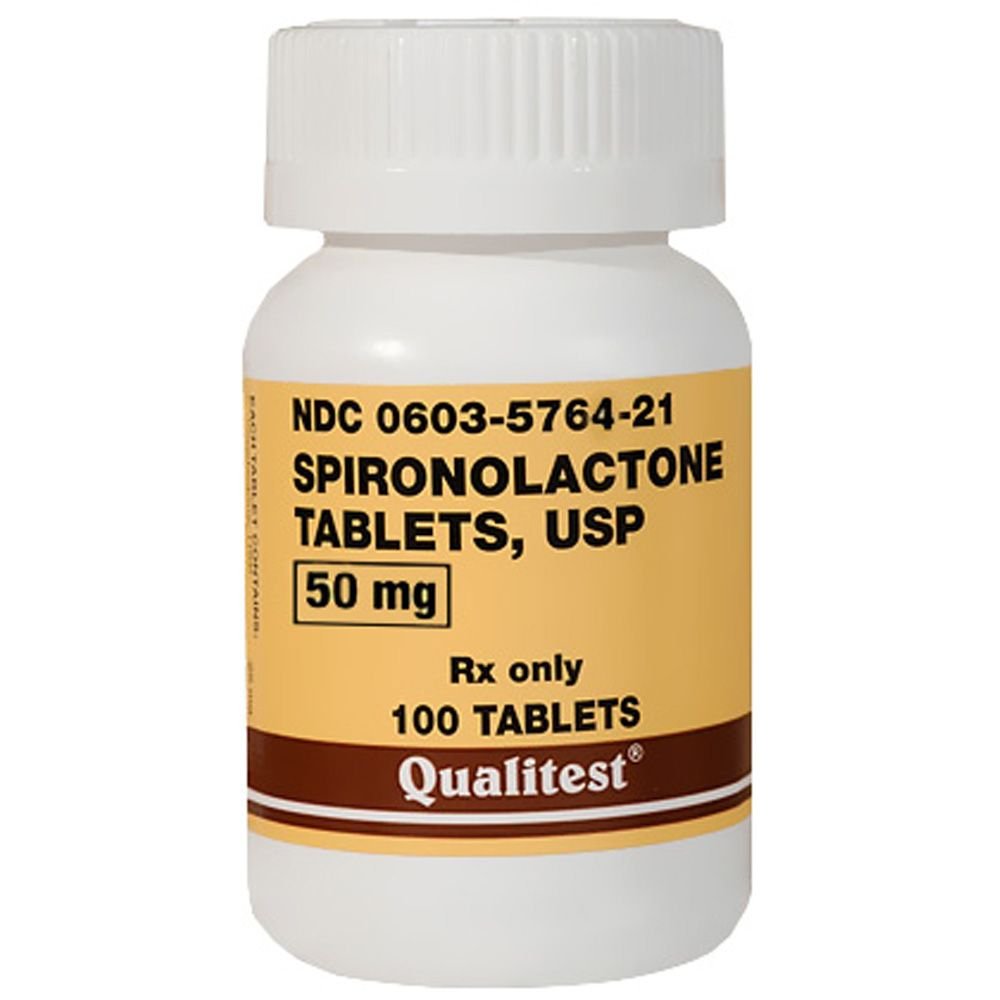





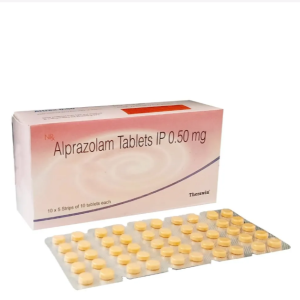

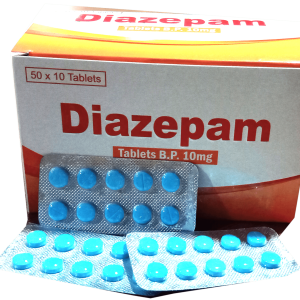

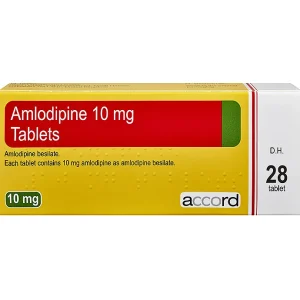
Be the first to review “Spironolactone Tablets”